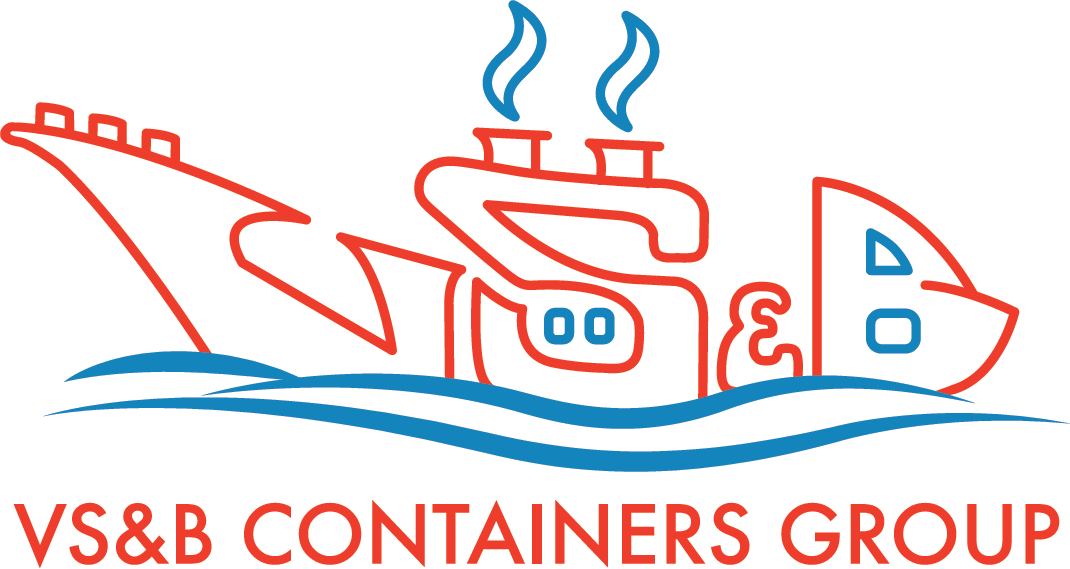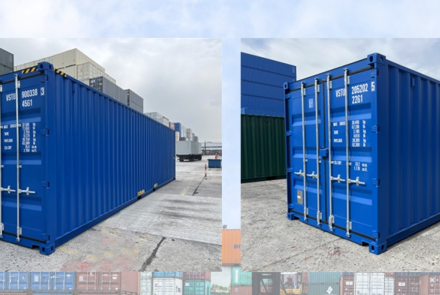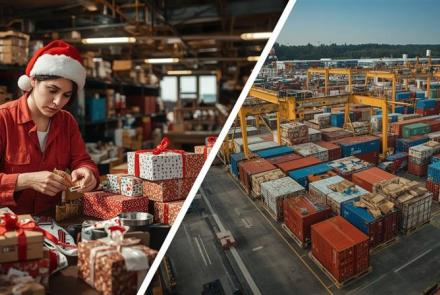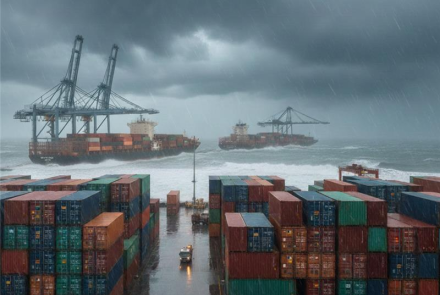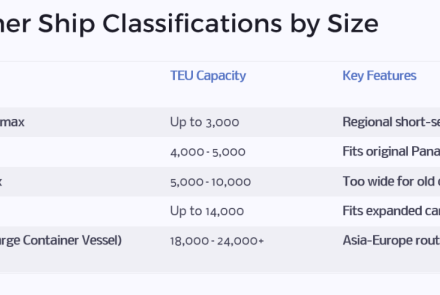THE DISRUPTIVE INFLUENCE OF 3D PRINTING ON GLOBAL TRADE AND SHIPPING
 The advent of 3D printing, also known as additive manufacturing, has been transforming various industries with its revolutionary capabilities. Among its impacts, one of the most remarkable is its effect on trade routes and shipping volumes.
The advent of 3D printing, also known as additive manufacturing, has been transforming various industries with its revolutionary capabilities. Among its impacts, one of the most remarkable is its effect on trade routes and shipping volumes.
Let’s explore the future trends and potential consequences of 3D printing on global trade and shipping, analysing both the challenges and opportunities it presents.
Redefining Supply Chains
3D printing enables decentralized production, allowing goods to be manufactured locally rather than being shipped across long distances. This shift could result in shorter and more efficient supply chains, reducing the need for extensive international shipping networks. As a result, certain trade routes may see decreased traffic, while new routes may emerge to cater to the demand for raw materials used in regional 3D printing facilities.
Impact on Traditional Manufacturing and Trade
Traditional manufacturing methods often require mass production and assembly lines, making economies of scale crucial for profitability. With 3D printing, products can be made on-demand and customized to individual needs, potentially disrupting the traditional trade patterns driven by mass-produced goods. This shift may lead to a reassessment of the entire global trade landscape.
Reduced Shipping Volumes
As 3D printing becomes more prevalent, the demand for shipping certain goods could decline. Products that can be manufactured locally may no longer require extensive international transportation. However, the shipping industry might experience increased demand for raw materials and 3D printing supplies. Moreover, high-value or complex products that are still economically unfeasible to 3D print may continue to rely on traditional shipping routes.
Intellectual Property and Trade Regulations
The rise of 3D printing poses challenges for intellectual property protection and trade regulations. As digital designs can be easily shared and replicated, safeguarding intellectual property becomes an important concern. Governments and international organizations will need to adapt and establish new regulations to address these emerging challenges in the realm of intellectual property and international trade.
Opportunities for Developing Nations
While some established economies might face disruptions due to the decentralization of manufacturing, 3D printing could create new opportunities for developing nations. With reduced reliance on traditional manufacturing infrastructure, developing countries can leapfrog into advanced manufacturing by embracing 3D printing technologies. This can help them become more competitive in the global market and stimulate economic growth.
Environmental Impact
3D printing has the potential to reduce the carbon footprint of global trade. By localizing production and cutting down on long-distance shipping, greenhouse gas emissions from transportation could be substantially reduced. However, the overall environmental impact of 3D printing depends on factors like the materials used, energy sources, and end-of-life waste management of printed products.
The future impact of 3D printing on trade routes and shipping volumes is uncertain but undeniably significant. As the technology continues to advance and mature, it will reshape the global trade landscape, redefining supply chains, and presenting both challenges and opportunities for businesses and nations. Policymakers, industries, and stakeholders must adapt and collaborate to harness the full potential of 3D printing while addressing its associated challenges to create a more sustainable and efficient global trade ecosystem.
VS&B Containers offers a wide variety of containers, encompassing both newly built and used, and custom-built units that can be directly shipped from our manufacturing facilities to your preferred destinations across the world. We also operate a lease fleet of over 30,000 containers for both international leasing and domestic leasing (within India). If you have container requirements, do drop us an email at enquiry@vsnb.com and a member of our team will reach out to assist you.
Furthermore, iInterchange Systems (A VS&B group company) provides state-of-the-art software solutions tailored specifically to meet the needs of container shipping and logistics enterprises. Do visit www.iinterchange.com or drop us an email at sales@iinterchange.com for more details.
- Log in to post comments
